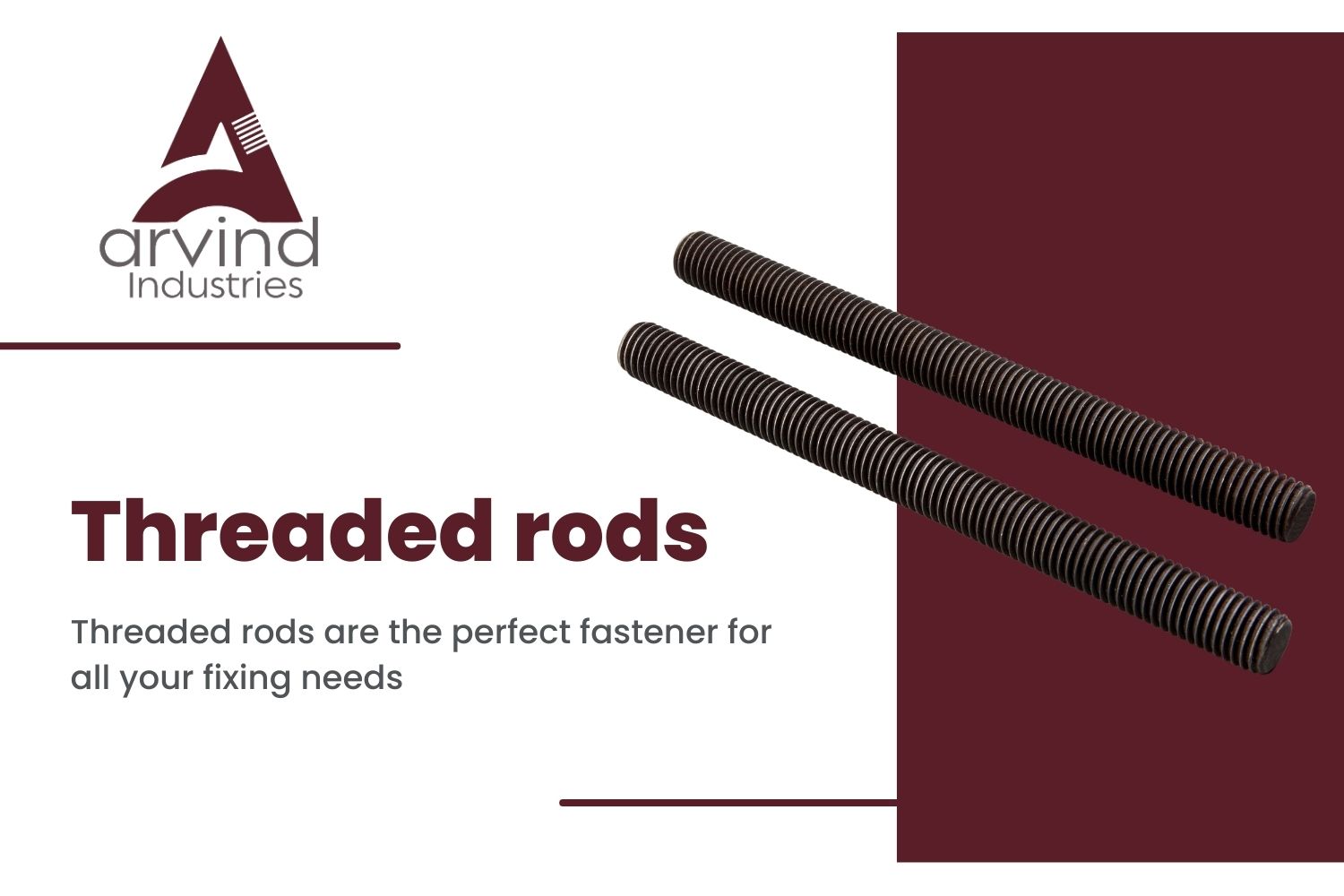[email protected]
318, Devnandan mega mall, Opp.Sanyas Ashram Road, Ellisbridge, Ahmedabad - 06, Gujarat, India.
Blogs
Blogs
Threaded rods are the perfect fastener for all your fixing needs
No one can deny the many utilitarian aspects of threaded rods which are used to connect various materials in various fields.
Copyright by @ Arvind Industries. All Rights Reserved. Made With ♥ In India By Zestra Technologies.



